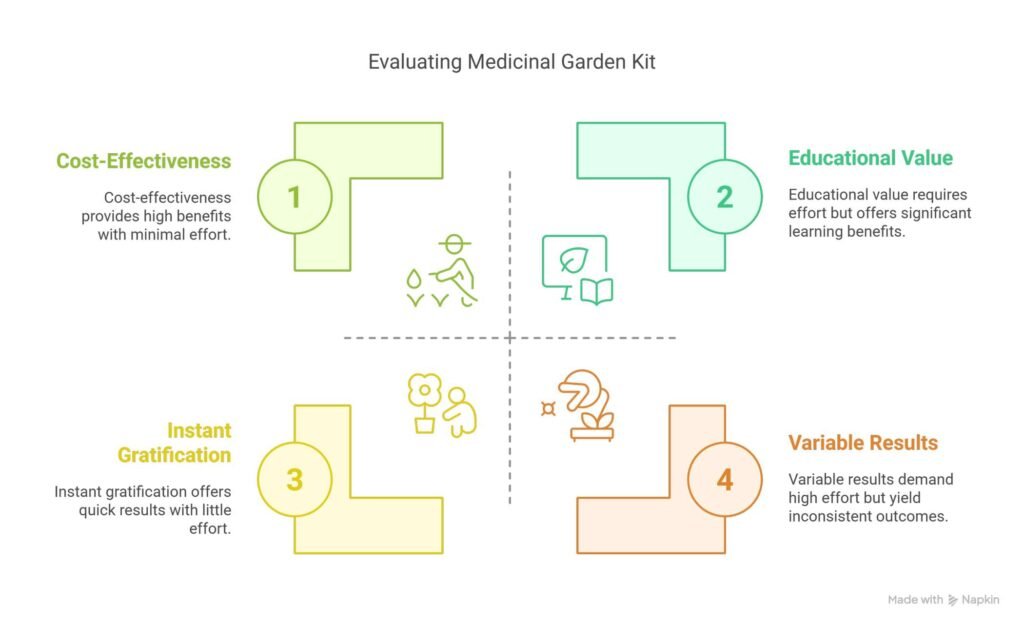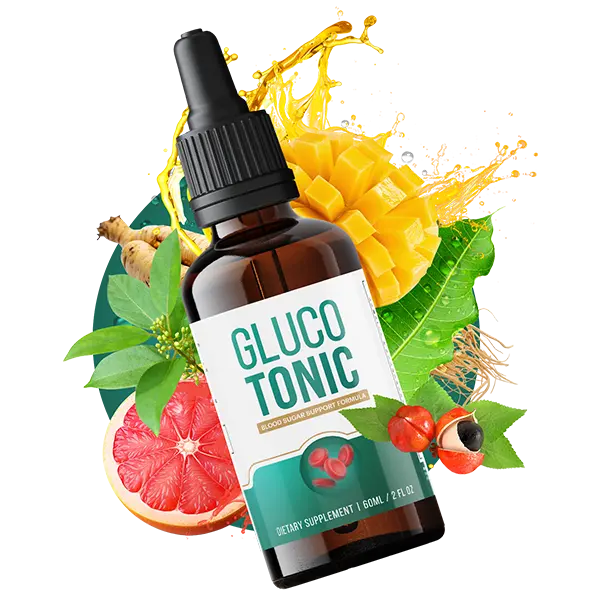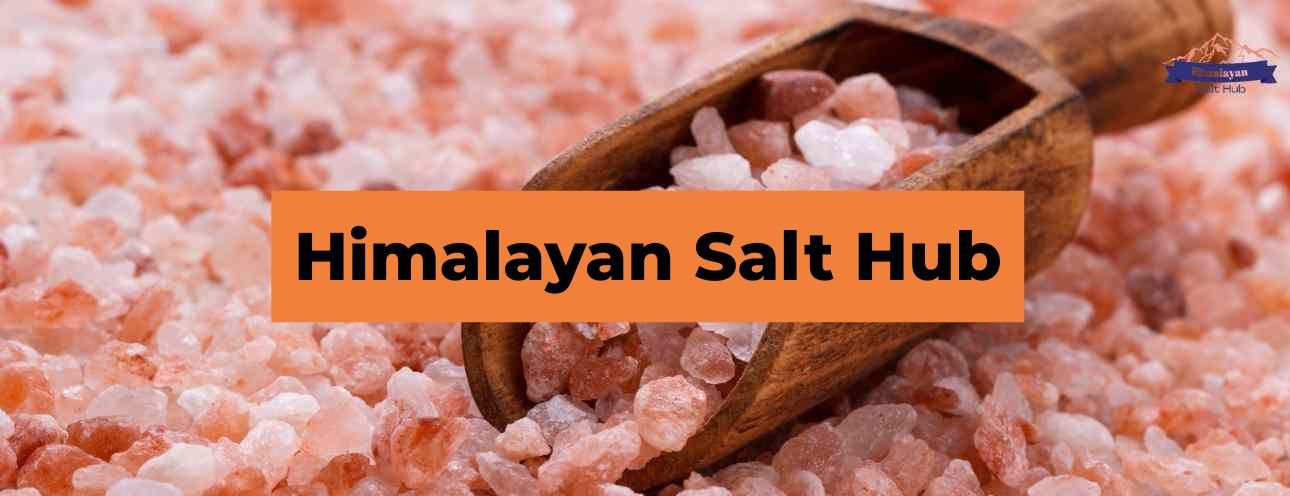Looking for reliable Medicinal Garden Kit to help you make an informed decision? You’re not alone. In our modern world filled with synthetic solutions, a growing number of health-aware consumers are exploring natural alternatives for safer, more eco-friendly wellness options. This comprehensive Medicinal Garden Kit examine a popular solution that lets you cultivate therapeutic herbs right in your backyard or windowsill, offering both convenience and cost savings for those wanting to take control of their health naturally.
Whether you’re passionate about herbal medicine, striving for self-sufficiency, or simply want to reduce your dependence on synthetic pharmaceuticals, this all-in-one gardening kit claims to provide everything you need to cultivate a powerful assortment of therapeutic plants—with minimal effort.
Image | Description | Where To Buy |
 | Price = $59 | Buy Now |
But does it truly deliver on its promises? With so many Medicinal Garden Kit flooding the internet, it can be hard to separate fact from marketing hype. That’s why we’ve done the deep dive for you.
In this comprehensive Medicinal Garden Kit review, we’ll break down:
- Key ingredients and their scientifically backed benefits
- Real user experiences—both positive and negative
- Pros and cons to help you weigh your decision
- Where to buy safely (and avoid scams)
- Expert tips for growing and using your medicinal garden
By the end of this guide, you’ll have all the information needed to decide: Is the Medicinal Garden Kit worth your time and money? Let’s dig in!

What Is a Medicinal Garden Kit?
A Medicinal Garden Kit is a thoughtfully assembled collection of seeds from plants renowned for their healing properties. It serves as a complete starter pack for creating your own therapeutic herb garden right at home. These kits are designed to provide everything you need to cultivate powerful medicinal plants that have been used for centuries in traditional medicine.
What Does It Include?
- 10-15 varieties of non-GMO, organic seeds – Carefully selected for their proven health benefits
- Beginner-friendly growing guide – Step-by-step instructions for planting and care
- Usage recommendations – How to prepare each herb as teas, tinctures, or topical remedies
- Sustainable packaging – Often includes biodegradable pots or seed-starting materials
Why Choose It Over Store-Bought Herbs?
Unlike commercially processed supplements, a Medicinal Garden Kit allows you to:
- Grow your own organic medicine free from pesticides and synthetic additives
- Harvest fresh herbs at peak potency for maximum therapeutic value
- Reduce long-term costs compared to repeatedly buying herbal products
- Develop self-sufficiency in natural healthcare
How Does It Work?
The concept is simple but powerful:
- Plant the included seeds in your garden or containers
- Nurture them using the provided growing instructions
- Harvest leaves, flowers, or roots as needed
- Prepare remedies tailored to your health needs
By putting nature’s pharmacy at your fingertips, it eliminates the guesswork of sourcing individual medicinal plants while ensuring you get authentic, high-quality botanicals. Whether you’re interested in immune support, stress relief, or natural first aid, it provides the foundation for a truly personalized approach to wellness.
Key Ingredients in Medicinal Garden Kit
When examining Medicinal Garden Kit , the quality and selection of herbs are crucial factors. Most reputable kits contain a blend of scientifically backed medicinal plants, each offering unique therapeutic benefits. Below, we break down the most common and valuable herbs found in these kits, supported by research and traditional use.
1. Echinacea (Immune Booster)
A staple in Medicinal Garden Kit, echinacea is praised for its immune-enhancing properties. Studies from the National Center for Complementary and Integrative Health suggest it may stimulate white blood cell activity, helping to shorten cold duration. Many users report fewer seasonal illnesses after incorporating echinacea tea from their homegrown plants.
2. Lavender (Stress Relief)
Frequently highlighted in Medicinal Garden Kit, lavender is renowned for its calming effects. Research in the Journal of Alternative and Complementary Medicine confirms its ability to reduce anxiety and improve sleep quality. Whether used in aromatherapy or as a tea, homegrown lavender offers a natural way to combat stress.
3. Chamomile (Digestive & Sleep Aid)
A favorite in Medicinal Garden Kit, chamomile is a gentle herb with dual benefits. Clinical studies, including those from NCBI, link chamomile tea to better sleep and digestive relief. Its mild sedative properties make it ideal for evening use, especially when freshly harvested from your garden.
4. Calendula (Skin Healer)
Often mentioned in Medicinal Garden Kit, calendula is a powerhouse for skin health. With proven antimicrobial and anti-inflammatory properties (PubMed), it’s effective for treating wounds, rashes, and irritations. Homegrown calendula can be infused into oils or salves for topical use.
5. Peppermint (Digestive Aid)
A standout in Medicinal Garden Kit, peppermint is a go-to for digestive discomfort. The Journal of Clinical Gastroenterology highlights peppermint oil’s efficacy in relieving IBS symptoms, including bloating and nausea. Fresh leaves make a refreshing tea that soothes the stomach.
6. Yarrow (Wound Healing)
Yarrow earns its place in Medicinal Garden Kit due to its historical use as a first-aid herb. Known for its antiseptic and styptic properties, it helps stop bleeding and heal wounds. Modern herbalists still rely on yarrow for its versatility in both internal and external remedies.
7. Lemon Balm (Mood Enhancer)
Frequently praised in Medicinal Garden Kit, lemon balm is a natural mood lifter. Research in Phytotherapy Research shows its potential to reduce anxiety and improve sleep. Its citrusy aroma and mild sedative effects make it a delightful addition to teas and tinctures.
By including these scientifically supported herbs, a Medicinal Garden Kit offers a practical way to harness nature’s healing power. Whether you’re seeking immune support, stress relief, or digestive aid, these plants provide a foundation for holistic wellness.
Pros and Cons of a Medicinal Garden Kit
Pros
- Natural & Chemical-Free – Grow organic medicinal plants without synthetic additives.
- Cost-Effective – More affordable than repeatedly buying herbal supplements.
- Educational – Learn practical herbalism and sustainable gardening skills.
Cons
- Requires Effort – Needs regular care including proper sunlight and watering.
- Not Instant – Takes weeks to months before plants are ready for harvest.
- Variable Results – Success depends on climate, soil, and gardening experience.

Real User Experiences
Positive Feedback:
“My echinacea and chamomile grew beautifully! I make tea every night,” shares Sarah K., echoing a common sentiment among satisfied users. Many reviewers highlight particular successes with specific herbs, like Mark T., who reports, “The lavender helps me sleep better. Worth every penny!” Beginners especially appreciate the accessible nature of these kits, with Lisa M. noting, “Easy to grow, even for beginners. The guide was super helpful.”
Constructive Criticism:
While most feedback is positive, some users offer balanced perspectives. Jake R. mentions, “A few seeds didn’t sprout, but most did,” suggesting occasional variability in germination rates. The need for patience is another recurring theme, as Priya S. advises, “Takes patience—don’t expect overnight results,” reminding potential buyers that herbal cultivation requires time and consistent care.
These authentic experiences from Medicinal Garden Kit provide valuable insights for prospective buyers, showcasing both the kit’s potential benefits and realistic expectations for growth success. The overwhelmingly positive feedback about specific herb results and ease of use outweighs the minor criticisms about germination rates and growth timelines.
Buyer’s Guide: How to Choose the Best Medicinal Garden Kit
1. Check Seed Quality
- Look for non-GMO, organic seeds for the best results.
2. Variety of Plants
- More variety = more remedies. Ensure it includes at least 5-10 medicinal plants.
3. Growing Guide Included
- A good kit should provide planting instructions, care tips, and usage ideas.
4. Reputable Seller
- Only buy from official websites to avoid counterfeit seeds.
Where to Buy an Authentic Medicinal Garden Kit
When purchasing your Medicinal Garden Kit, exercise caution to avoid counterfeit products. Our research and numerous customer reports indicate that unauthorized sellers on Amazon, eBay, and other third-party marketplaces frequently distribute inferior or fake versions of these kits. These counterfeit products often contain:
- Poor quality or mislabeled seeds
- Incomplete growing instructions
- No customer support options
For guaranteed quality and satisfaction, we strongly recommend purchasing exclusively through the manufacturer’s official website. Buying direct from the source ensures you receive:
- Verified Authentic Seeds – Fresh, non-GMO seeds with optimal germination rates
- Full Money-Back Guarantee – Official purchases come with a satisfaction guarantee
- Direct Customer Support – Access to expert growing advice and troubleshooting
- Exclusive Bonuses – Often includes digital guides or extra seeds not available elsewhere
The manufacturer frequently offers special discounts and package deals exclusively through their official store. While we cannot link directly to sales pages, a simple web search for “Official Medicinal Garden Kit” should lead you to the legitimate source.
Remember: If the price seems too good to be true on a third-party site, it likely indicates a counterfeit product. Investing in the authentic kit ensures you get the quality herbs and support promised in genuine Medicinal Garden Kit.
Image | Description | Where To Buy |
 | Price = $59 | Buy Now |
Final Verdict: Is the Medicinal Garden Kit Worth Your Investment?
After thoroughly evaluating customer feedback, scientific research, and practical growing considerations, Medicinal Garden Kit reveal this product to be a valuable resource for those seeking natural, homegrown remedies. Here’s a detailed breakdown of who will benefit most—and who might want to reconsider—along with final recommendations.
Who Should Buy This Kit?
Herbal Remedy Enthusiasts
If you prefer plant-based solutions over pharmaceuticals, this kit provides the foundation for creating teas, tinctures, and salves tailored to your health needs. According to multiple Medicinal Garden Kit, the inclusion of well-researched herbs like echinacea, chamomile, and calendula ensures you’re growing effective remedies.
Eco-Conscious Consumers
Reducing reliance on store-bought supplements (often packaged in plastic) aligns with sustainable living goals. Medicinal Garden Kit also highlight how homegrown herbs eliminate concerns about pesticides, synthetic additives, or unethical sourcing.
Beginner Gardeners
The step-by-step guides simplify the process, making herbal cultivation accessible even to those without prior experience. Many plants in the kit, such as lemon balm and peppermint, are forgiving and fast-growing—ideal for learning. Medicinal Garden Kit often praise its beginner-friendly approach.
Who Might Want to Skip It?
Those Expecting Immediate Results
Medicinal herbs take weeks to months to mature. If you need quick solutions, store-bought options may be more practical—Medicinal Garden Kit make this point clear for impatient users.
People With Limited Time or Space
While some herbs thrive indoors, they still require consistent care (watering, sunlight, pruning). Without dedication, plants may struggle. Some Medicinal Garden Kit mention this as a challenge for urban users.
Individuals With Severe Allergies or Health Conditions
Though generally safe, some herbs can interact with medications or trigger allergies. Medicinal Garden Kit recommend consulting a doctor if unsure.
Why It Scores High:
- Cost-Effective: A one-time purchase yields years of herbal remedies.
- Educational: Builds knowledge of herbalism and self-sufficiency.
- Therapeutic Benefits: Gardening itself reduces stress, while the herbs address specific wellness needs.
Room for Improvement:
- Germination rates can vary (though most reputable sellers offer guarantees).
- Not all herbs are suited for every climate (research your growing zone first).
Final Advice for Buyers
To ensure quality and avoid scams, Medicinal Garden Kit strongly recommend purchasing only from the official website—third-party sellers often distribute counterfeit or expired seeds.
Start small—focus on a few easy-to-grow herbs before expanding your garden.
Be patient—herbalism is a journey, not a quick fix.
For those committed to natural health and sustainable living, Medicinal Garden Kit conclude this kit is a worthwhile investment that pays off in both wellness and knowledge. Happy gardening!
FAQs About Medicinal Garden Kits
Frequently Asked Questions About Medicinal Garden Kits
1. Are There Any Side Effects?
While most plants included in Medicinal Garden Kits are generally safe, some herbs may cause mild side effects or allergic reactions in sensitive individuals. For example:
- Yarrow may cause skin irritation in some people when used topically.
- Echinacea is not recommended for those with autoimmune conditions without consulting a doctor.
- Peppermint may trigger heartburn in people with acid reflux.
Always research each herb’s precautions, start with small doses, and consult a healthcare provider if you have underlying health conditions or are pregnant/nursing.
2. How Long Until I Can Use the Plants?
Growth times vary depending on the herb and growing conditions:
- Fast-growing herbs like chamomile, lemon balm, and peppermint can be harvested in 6–8 weeks for leaves.
- Moderate growers such as lavender and calendula typically take 10–12 weeks before flowering.
- Slow-developing plants like echinacea may require a full growing season (4–6 months) before roots are mature enough for medicinal use.
Regular pruning encourages bushier growth, but avoid overharvesting young plants to ensure long-term vitality.
3. Can I Grow These Indoors?
Yes! Many medicinal herbs adapt well to indoor cultivation with proper care:
- Light Requirements: Place pots near a south-facing window (6+ hours of sunlight) or use full-spectrum grow lights (12–16 hours/day).
- Container Size: Choose pots at least 6–8 inches deep with drainage holes to prevent root rot.
- Best Candidates: Compact herbs like thyme, peppermint, lemon balm, and chamomile thrive indoors. Taller plants (echinacea, yarrow) may need staking.
Rotate pots weekly for even growth and maintain moderate humidity for optimal health.
4. Is This Kit Good for Beginners?
Absolutely! Medicinal Garden Kits are designed for novice gardeners:
- Beginner-Friendly Seeds: Most kits include hardy, fast-sprouting varieties like basil, calendula, and chamomile.
- Detailed Guides: Step-by-step instructions cover soil prep, watering schedules, and troubleshooting common issues (e.g., mold, pests).
- Low Maintenance: Many herbs are drought-tolerant and pest-resistant once established.
For best results, start with 3–5 easy herbs (e.g., peppermint, lemon balm, chamomile) before tackling more challenging plants.
5. Can I Use These Herbs for Pets?
Some herbs are pet-safe, but others can be toxic:
- Safe Options: Chamomile (calming), calendula (skin soothing), and peppermint (in tiny amounts for digestion).
- Avoid: Yarrow, echinacea, and lavender (may irritate cats/dogs).
Always consult a veterinarian before introducing herbal remedies to pets.
6. What If My Seeds Don’t Germinate?
- Common Causes: Old seeds, improper planting depth, or inconsistent moisture.
- Solutions:
- Pre-soak hard-coated seeds (e.g., calendula) overnight.
- Use a seed-starting heat mat for warmth-loving herbs (like echinacea).
- Contact the manufacturer for replacements if germination fails (most reputable brands guarantee viability).







